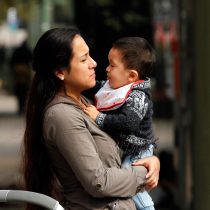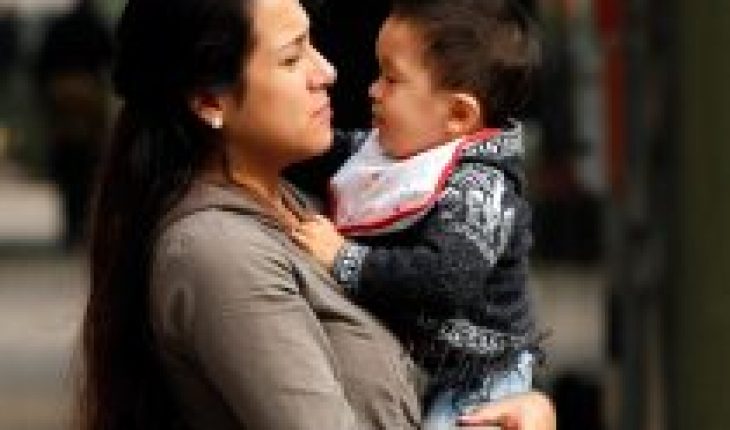
This week we have been immersed in advertisements regarding Mother’s Day, in which it is highlighted as virtues that the mother is the pillar of the family, is a person sacrificed and available unconditionally. That despite being tired, she does not complain, and takes care not only of the nuclear family, but of the extensive. In short, a “super woman”. In this way, the traditional celebration of this event has been to buy gifts from mothers and to ensure that that day, exceptionally (because it is being celebrated), does not carry out domestic work.
However, this idealized image of a mother-woman is one of the gender stereotypes imposed by our patriarchal society, which has trapped and pressured women for centuries, especially when it appears as natural to associate motherhood as essential and that defines it. According to this, women should always be mothers, leaving us without free will regarding the desire for motherhood and our bodies.
The current context of COVID-19 pandemic has shown how these stereotypes have not disappeared, but still permeating cross-cuttingly in our society. Since the beginning of the emergency, we have seen that care is feminized, so in the face of a crisis, the response of a fragile system of social organization requires women to return to private space, going back in their conquest of the public world. A sample of this is the figures given in September 2020 by ComunidadMujer, through which it is clear that, during that year, women accounted for 48.9% of the total number of people who had lost their jobs and that 88% of them left the workforce and were not thinking of seeking employment.
There are also numerous studies that point to the unequal distribution of unpaid work, such as the care of sons and daughters, and domestic work in general. One is the Employment Survey of the August 2020 Center for Longitudinal Surveys and Studies, which states that, in terms of weekly hours spent caring for children (only households with children under the age of 14), 57% of men spent zero hours on these activities during the last week of July, versus 27.6% , in the case of women.
Considering this scenario, the invitation arises to rethorder Mother’s Day, no longer as a celebration of the “super woman” and praise of maternal sacrifice, but seeking alternatives so that the reality of mothers can be different. That the distribution of domestic work be more equitable with men, without it being assumed natural for women to develop three types of work in their homes: maternity, domestic work and paid work, which implies a great demand that undoubtedly impacts physical and mental health.
If we take a moment to review the origin of Mother’s Day, we can see how it moves away from what is currently understood. This day is linked to Julia Ward, abolitionist and defender of women’s rights, who in 1870 makes a pacifist proclamation, convening an International Congress of Mothers in opposition to the Civil War. This idea of women fighting for their rights and for peace has been forgotten and immersed in a capitalist society, in which consumerism prevails.
It loses its meaning, moreover, if it continues to be a date that endorses and perpetuates a maternal image consistent with a patriarchal and androcentric society, in which women belong to the private sphere and, if she dares to go out to the public, then she is expected to take on the cost of this, that is, to have a double or triple day. We must certainly take this moment to rethly and ask ourselves about the meaning of this day, incorporating the idea of a society in which there is greater gender equity in childcare. In which there is also a healthy coparentality, which is a reference for the next generations.
The meaning of this May 9 may be different. It can be the day of the care of others, our children and adolescents, containment, emotional nutrition and concern for the most vulnerable. Maternality can be understood in many ways and include many people and genders. And it is undoubtedly essential for building a healthy society, in which growth is not based on the sacrifice of another, but on their ability to love.





